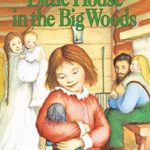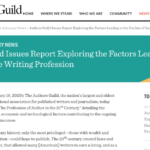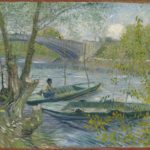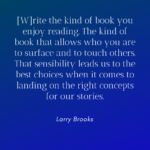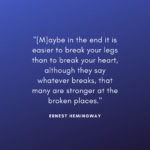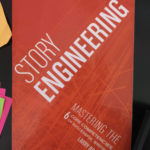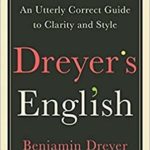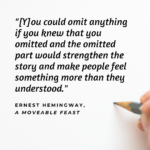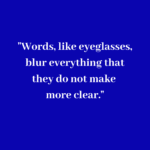My daughter and her class are reading Little House in the Big Woods, the classic by Laura Ingalls Wilder. It’s the first in a beloved series based on Wilder’s life. With my kids’ school moving online this month amid the pandemic, I’ve been a teacher by proxy.
Read more →Last month, the Authors Guild released a report on what it means to be an author in the 21st Century. Some of the findings are grim. But, as author Joanna Penn suggests in her review of the report, they don’t include people like her: independent authors who’ve
Read more →Fine art inspires me. If my brain ever feels hollowed out—as it sometimes does in the thick of motherhood—I spend an afternoon strolling the galleries of Chicago’s Art Institute. Without fail, it offers me a new window into a story I’m mulling, writing, or editing. Many of
Read more →When I was working on my debut book, someone told me to write one I wanted to read. That was great advice. I thought back to my early postpartum days, when I longed for a book with perspectives from other moms who had battled postpartum depression. I
Read more →Ernest Hemingway’s personal life was often tortured. While serving as an ambulance driver in World War I, he sustained life-threatening wounds and developed PTSD. He was married four times. His first three marriages turned sour, mostly because of his choices. He wasn’t unaware of his mistakes. In
Read more →Storytelling is part art, part science. The art is most of it—say seventy-five percent—and the rest, science. We need both to be successful. The science part reminds us of criteria to meet and elements to include if we’re to draw and keep readers. The rest is more
Read more →This week’s edition of the Monday quote is more of an excerpt from Dreyer’s English: An Utterly Correct Guide to Clarity and Style, by Benjamin Dreyer. Copy chief of Random House, Dreyer is an authority on all things style. His manual is charming, entertaining, and worthy of
Read more →Sometimes, the best thing you can do for a story is to cut. It’s most easily done during revisions. First, get your story on the page. Later, as you edit, look for parts to strike. Doing this can make your story stronger. It’s especially true if you’ve
Read more →This week I’m revising a piece I wrote more than a year ago. Some passages seem less clear to me than they did on my last round of edits. This is true of everything I write. My words can always be more clear. As the French writer
Read more →Author Jerry Jenkins speaks often about the two ways most writers approach the page: with or without a plan. Those without a plan are called “pantsers”—as in, they fly by the seat of their pants. Or, as Stephen King has said, “Try to put interesting characters in
Read more →